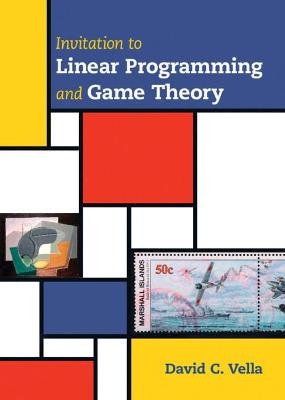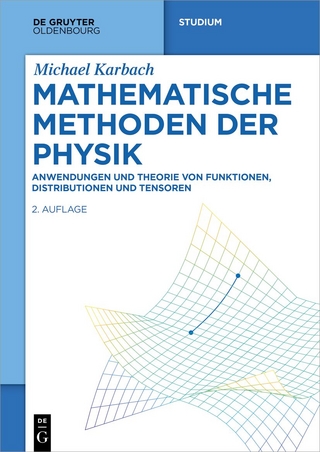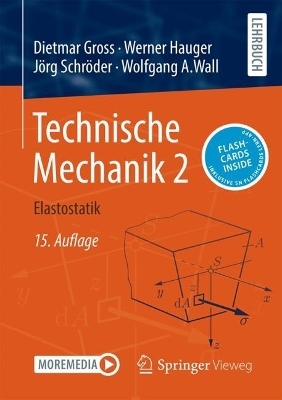
Invitation to Linear Programming and Game Theory
Seiten
2021
Cambridge University Press (Verlag)
978-1-108-47625-6 (ISBN)
Cambridge University Press (Verlag)
978-1-108-47625-6 (ISBN)
Students will learn how to apply mathematics to practical real-life questions in business, economics, and the social sciences by modelling linear optimization problems and strategic games. Designed as an enrichment course, the book only assumes basic knowledge of high school algebra and a pinch of curiosity.
Written in a conversational tone, this classroom-tested text introduces the fundamentals of linear programming and game theory, showing readers how to apply serious mathematics to practical real-life questions by modelling linear optimization problems and strategic games. The treatment of linear programming includes two distinct graphical methods. The game theory chapters include a novel proof of the minimax theorem for 2x2 zero-sum games. In addition to zero-sum games, the text presents variable-sum games, ordinal games, and n-player games as the natural result of relaxing or modifying the assumptions of zero-sum games. All concepts and techniques are derived from motivating examples, building in complexity, which encourages students to think creatively and leads them to understand how the mathematics is applied. With no prerequisite besides high school algebra, the text will be useful to motivated high school students and undergraduates studying business, economics, mathematics, and the social sciences.
Written in a conversational tone, this classroom-tested text introduces the fundamentals of linear programming and game theory, showing readers how to apply serious mathematics to practical real-life questions by modelling linear optimization problems and strategic games. The treatment of linear programming includes two distinct graphical methods. The game theory chapters include a novel proof of the minimax theorem for 2x2 zero-sum games. In addition to zero-sum games, the text presents variable-sum games, ordinal games, and n-player games as the natural result of relaxing or modifying the assumptions of zero-sum games. All concepts and techniques are derived from motivating examples, building in complexity, which encourages students to think creatively and leads them to understand how the mathematics is applied. With no prerequisite besides high school algebra, the text will be useful to motivated high school students and undergraduates studying business, economics, mathematics, and the social sciences.
David C. Vella is Professor and Associate Chair of Mathematics at Skidmore College, New York. He has taught college mathematics for over thirty-five years, and has been an organizer of the Hudson River Undergraduate Mathematics Conference (HRUMC) since its inception in 1993. He is a member of the AMS, the MAA, and a charter member of the New York Alpha Theta chapter of Pi Mu Epsilon. His Erdős number is four.
1. Preliminaries; 2. Matrix Algebra; 3. Graphical Linear Programming; 4. Sensitivity Analysis and Duality; 5. The Simplex Algorithm; 6. Game Theory; 7. More Game Theory; 8. Sensitivity Analysis, Ordinal and n-Person Games; 9. More Linear Programming; 10. Appendix: A Rapid Review of Sets and Probability.
| Erscheinungsdatum | 09.03.2021 |
|---|---|
| Zusatzinfo | Worked examples or Exercises |
| Verlagsort | Cambridge |
| Sprache | englisch |
| Maße | 175 x 250 mm |
| Gewicht | 1110 g |
| Themenwelt | Mathematik / Informatik ► Mathematik ► Angewandte Mathematik |
| Mathematik / Informatik ► Mathematik ► Finanz- / Wirtschaftsmathematik | |
| Wirtschaft ► Volkswirtschaftslehre ► Mikroökonomie | |
| ISBN-10 | 1-108-47625-2 / 1108476252 |
| ISBN-13 | 978-1-108-47625-6 / 9781108476256 |
| Zustand | Neuware |
| Haben Sie eine Frage zum Produkt? |
Mehr entdecken
aus dem Bereich
aus dem Bereich
Anwendungen und Theorie von Funktionen, Distributionen und Tensoren
Buch | Softcover (2023)
De Gruyter Oldenbourg (Verlag)
69,95 €


